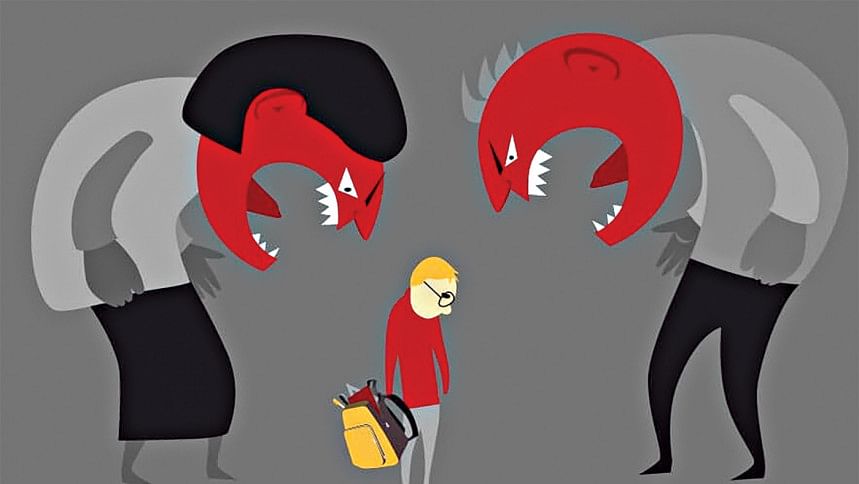Family poison: dealing with toxicity

Individuals who exhibit toxic behaviour tend to be unsupportive of their family members' choices, interests, and accomplishments. Unfortunately, it is common for parents to display toxic behaviour towards their children or spouse. This behaviour includes criticising, expressing unfulfilled wishes, complaining about the challenges of raising a child, making unhealthy comparisons, and uttering hurtful statements. Such comments can have negative and long-lasting effects, especially on a child's social, psychological, and emotional development. The cycle of abuse or neglect is often persistent and may escalate over time, creating a challenging and harmful environment.
Toxic parents may indeed love their children, but their nature causes them to behave in ways that contradict this love. Their dominant behaviours overshadow their love. Frequently, either a mother or father may display toxic behaviour as a result of ingrained traits inherited through their familial lineage.
When one parent is toxic, it presents a significant challenge. He or she is characterised by a prioritisation of their own needs over the well-being of their child, showing a lack of concern for the potential harm or damage caused by their actions. In many cases, these individuals exhibit a reluctance to apologise or acknowledge the harmful nature of their behaviour. A toxic individual may have a habit of contradicting their close ones' choices or opinions. They frequently use yelling, screaming, and name-calling to communicate with their spouses and children. In this context, any expression of assertiveness, individual differences, or rebellion is perceived as a direct personal attack. Moreover, they make themselves depressed to blackmail other family members.
One single person's toxic emotions disrupt family synchronisation, extending beyond outbursts to manipulative tactics like inducing depression for control, leaving lasting emotional scars. They are like a black hole; no matter how much love others give; it is never enough.
E-mail: [email protected]

 For all latest news, follow The Daily Star's Google News channel.
For all latest news, follow The Daily Star's Google News channel. 



Comments